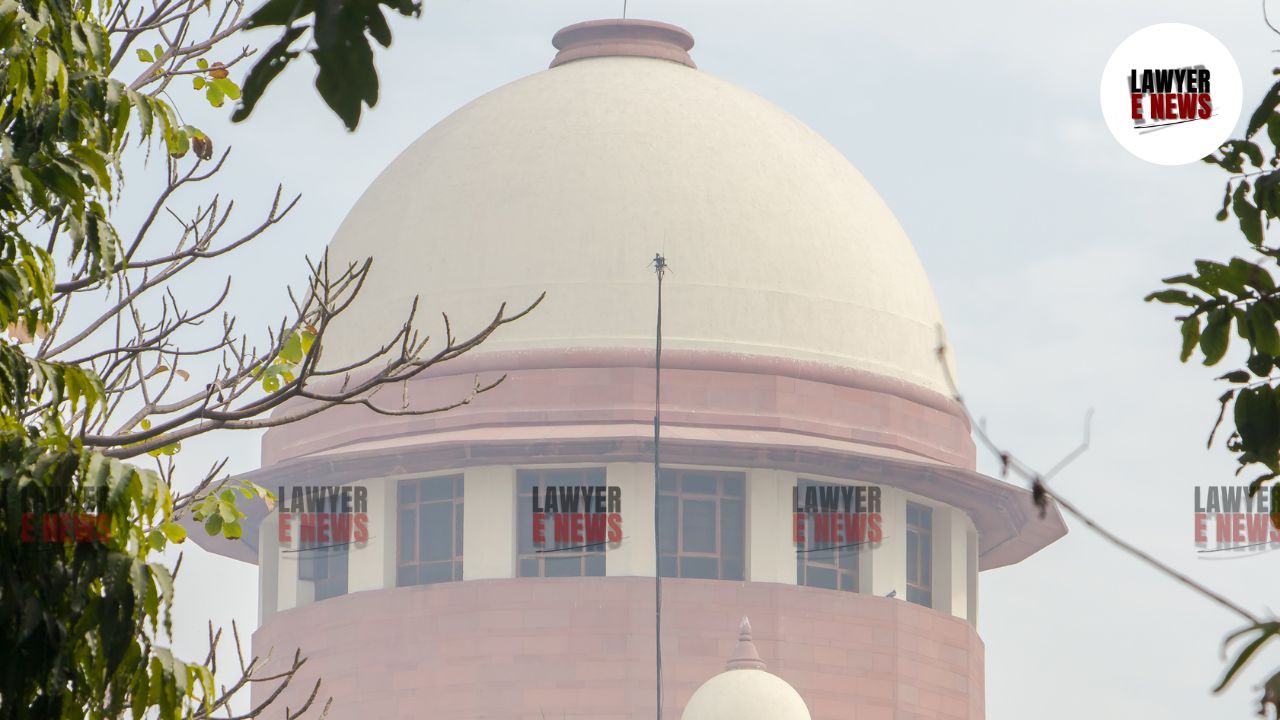-
by Admin
15 February 2026 2:36 AM



The Supreme Court of India, on November 19, 2024, upheld the Jharkhand High Court's decision that disciplinary proceedings initiated against an SBI employee after his superannuation were without jurisdiction. The Court directed SBI to release all service benefits to the retired employee.
The decision turned on the interpretation of Rule 19 of the State Bank of India Officers’ Service Rules, 1992, which governs the initiation and continuation of disciplinary proceedings. The Court held that proceedings must either commence during the employee’s service or any valid extension thereof.
Navin Kumar Sinha joined SBI as a clerk typist in 1973 and served for over three decades. He was scheduled to retire on December 26, 2003, but his service was extended until October 1, 2010, under Rule 19 of the SBI Service Rules.
During his tenure as Branch Manager, allegations arose regarding irregularities in loan approvals, including loans sanctioned to relatives and without proper documentation. On March 18, 2011, after his extended service had concluded, SBI issued a charge memo initiating disciplinary proceedings. Following an inquiry, Sinha was dismissed from service on March 7, 2012. His departmental appeal and review petition were subsequently rejected.
The Jharkhand High Court ruled in Sinha’s favor, holding that disciplinary proceedings initiated post-retirement were void. SBI appealed this decision before the Supreme Court.
The Supreme Court examined the validity of initiating disciplinary proceedings after an employee’s retirement, focusing on the following key points:
The Court emphasized that disciplinary jurisdiction ceases with an employee’s retirement, barring exceptions explicitly provided in service rules. Rule 19 of the SBI Service Rules allows for the continuation of ongoing proceedings but does not authorize initiating new proceedings after superannuation.
The Court clarified that disciplinary proceedings are deemed initiated upon the issuance of a charge memo, not a preliminary notice of allegations. Since the charge memo in this case was issued on March 18, 2011—several months after Sinha’s retirement—the proceedings were deemed invalid.
The Court relied on precedents such as UCO Bank v. Rajinder Lal Capoor and Coal India Ltd. v. Saroj Kumar Mishra, which affirm that disciplinary proceedings cannot be commenced after retirement unless explicitly permitted by the rules in force.
The Court observed that prolonging disciplinary actions without jurisdiction violates an employee’s legal and financial entitlements. It directed SBI to release all due retiral benefits to Sinha, including gratuity, pension, and other entitlements, within six weeks.
The Supreme Court's ruling underscores the principle that an employee’s retirement marks the cessation of their service relationship unless valid exceptions are invoked. Disciplinary actions must conform strictly to the prescribed timelines and rules. The judgment ensures fairness by protecting retirees from post-facto actions that lack legal authority.
Date of Decision: November 19, 2024
